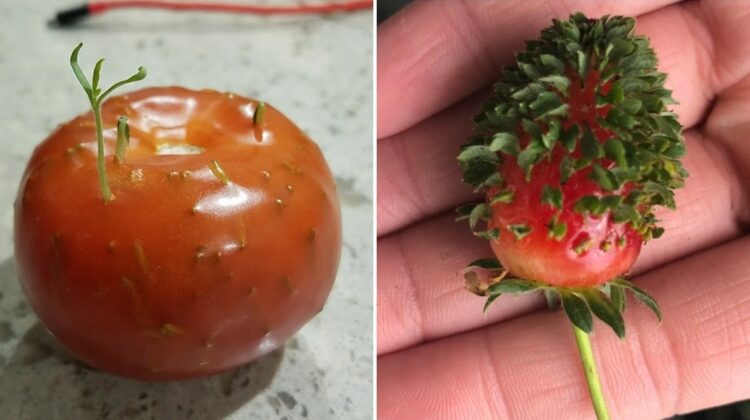
Have you ever sliced open a pepper or tomato, only to find tiny green sprouts poking out from the seeds? This surprising phenomenon, known as vivipary, might leave you wondering if your groceries have gone rogue. But fear not, these sprouted seeds are a natural occurrence, not a sign of spoilage.
The mystery behind this early germination lies in the delicate dance between hormones and environmental cues. Most seed-bearing fruits produce a natural hormone that acts like a built-in pause button. This hormone suppresses germination until the fruit or parent plant dies or the seeds pass through an animal’s digestive tract. This delay serves an important purpose. It prevents seeds from germinating under unfavorable conditions, like within an unripened fruit. Ideally, the seeds should be dispersed and find a suitable spot for growth before sprouting.
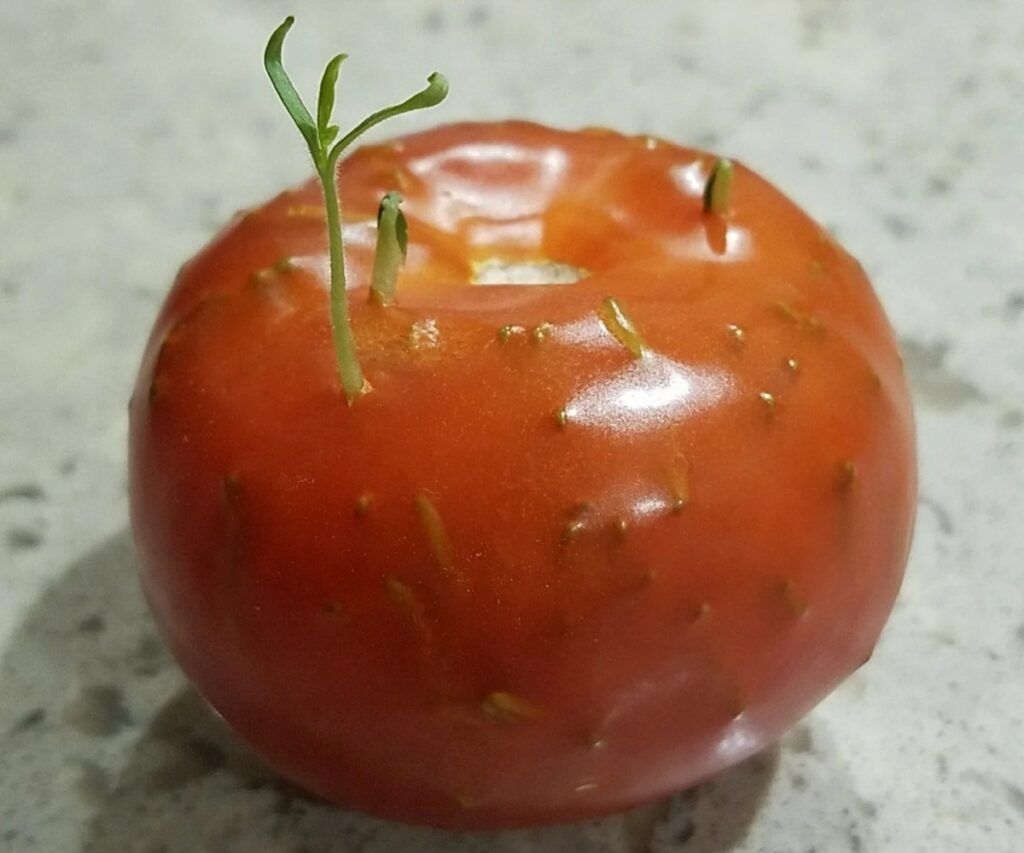
However, in some plant species, this suppressive hormone is missing entirely. This lack becomes a strategic advantage for these plants, particularly those that thrive in environments with minimal seasonal variations. Without the need to wait for winter’s chill or a dry spell to break seed dormancy, germination can happen as soon as the seeds mature within the fruit. This head start can be crucial for establishing seedlings quickly and seizing the most favorable growing conditions.
Vivipary is most commonly observed in tomatoes, peppers, strawberries, pears, and citrus fruits. It’s also a familiar sight on ears of corn and for plants that thrive in the unique ecosystem of mangrove swamps.
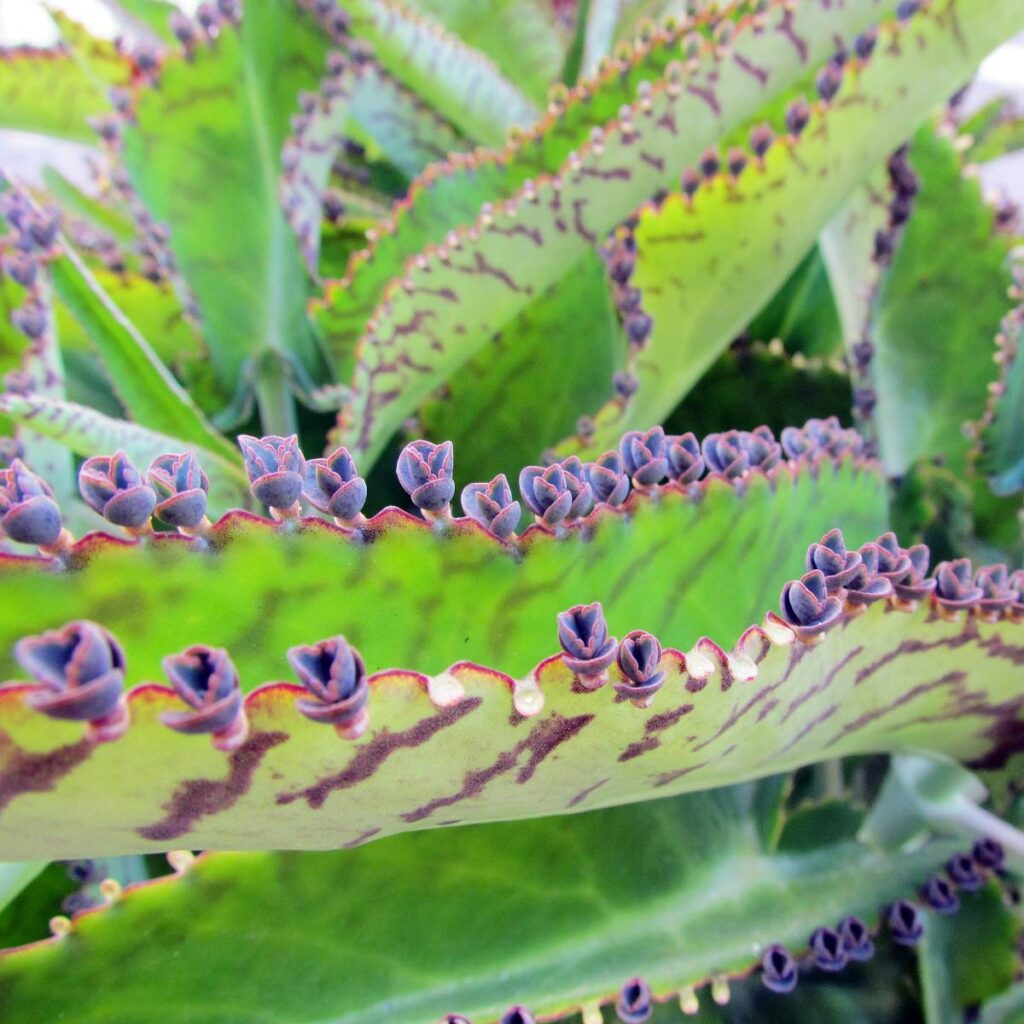
While the exact triggers for vivipary are still being researched, scientists suspect stress can play a role in some plants. When a plant experiences stress factors like drought, irregular watering, or potassium deficiency, it might disrupt the production or function of this suppressive hormone. This disruption can lead to premature germination inside the fruit, a phenomenon known as stress-induced vivipary.
It’s important to note that vivipary isn’t solely caused by stress. Some plant species, particularly those in stable environments, lack the suppressive hormone altogether. For them, vivipary is a natural part of their reproductive strategy, allowing for faster seedling establishment.
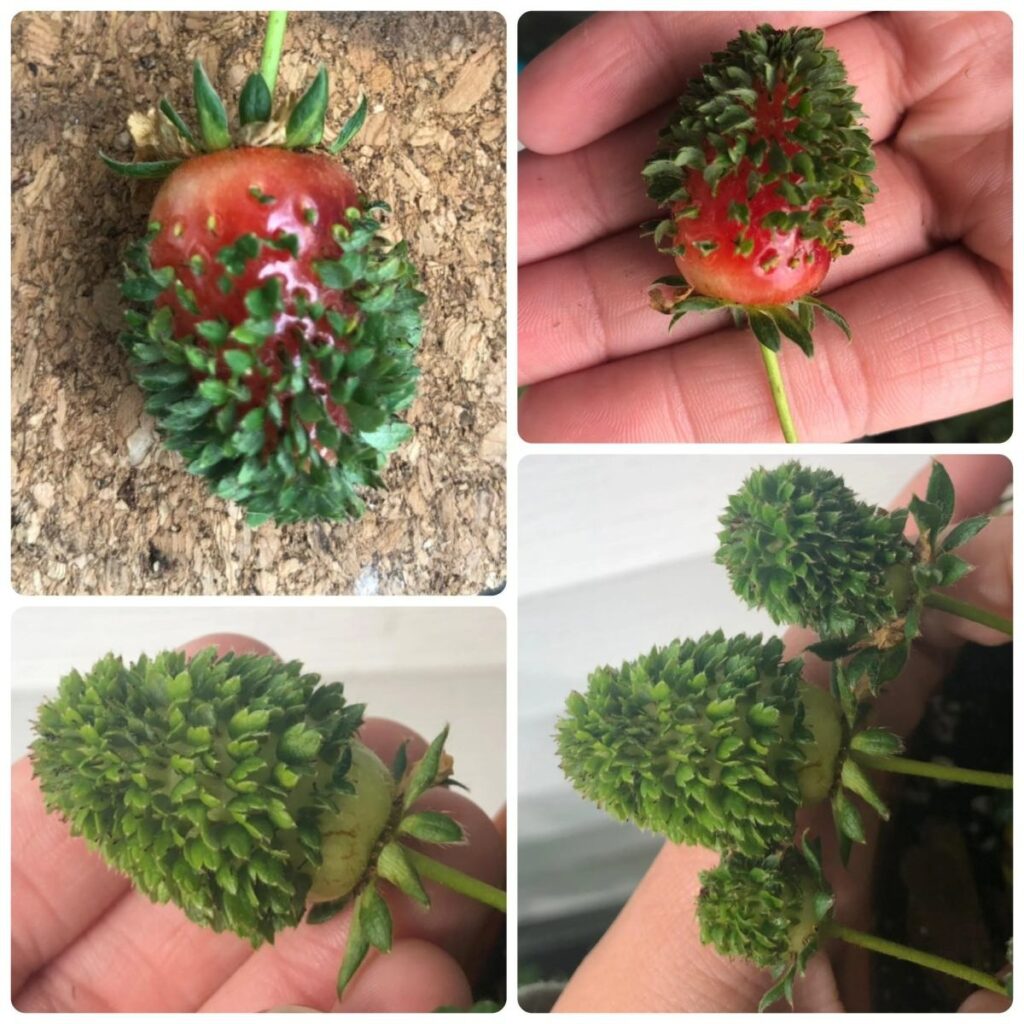
The exact mechanisms by which stress disrupts hormone production or function in vivipary need further investigation. Additionally, more research is needed to understand how different types and levels of stress affect vivipary across various plant species. Overall, the relationship between vivipary and stress is likely complex. While stress might be a contributing factor for some plants, it’s not the sole explanation, and some species may be more susceptible to stress-induced vivipary than others.
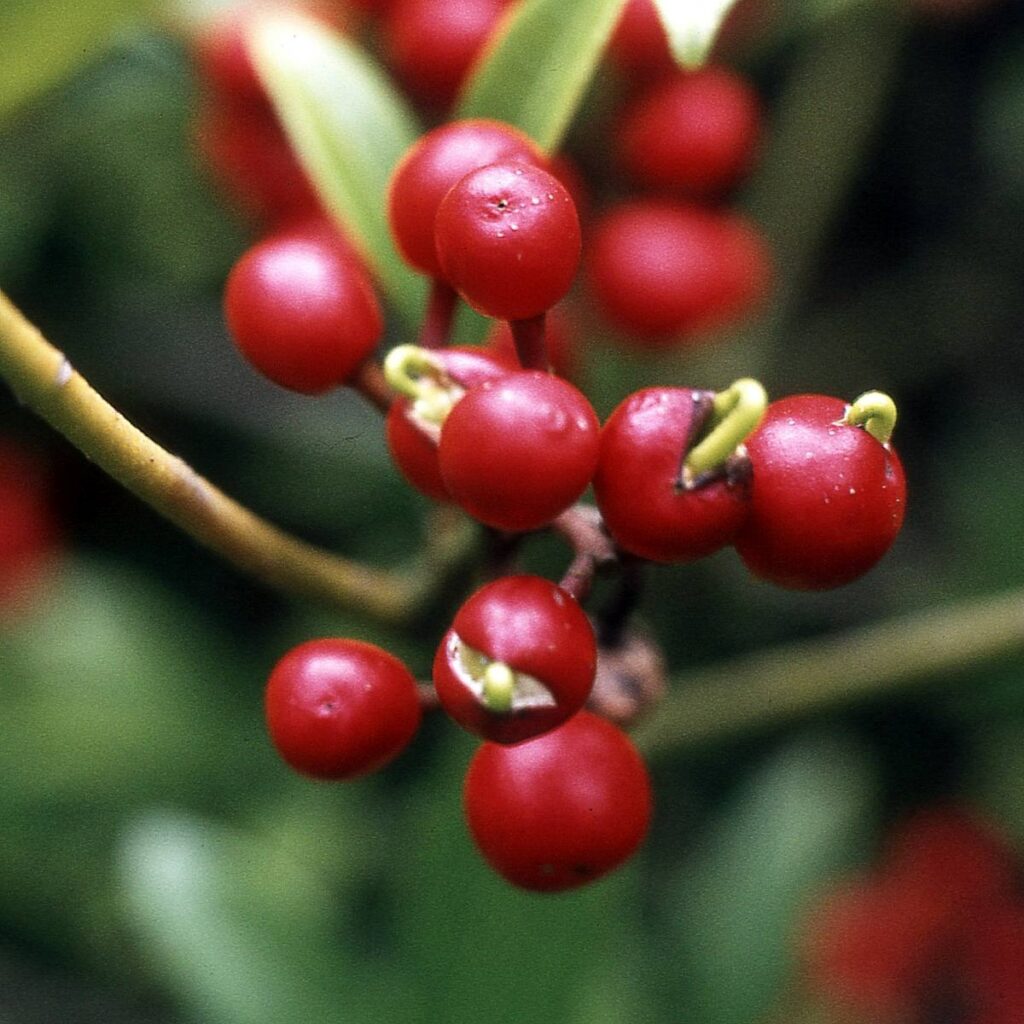
So next time you encounter a sprouted seed in your fruit, don’t be alarmed. It’s just a sign that nature has a few tricks up its sleeve when it comes to plant reproduction. You can still eat the fruit itself, but in the case of nightshades like tomatoes and aubergines, don’t consume the seedlings as they can cause gastrointestinal complaints!

Leave a Reply